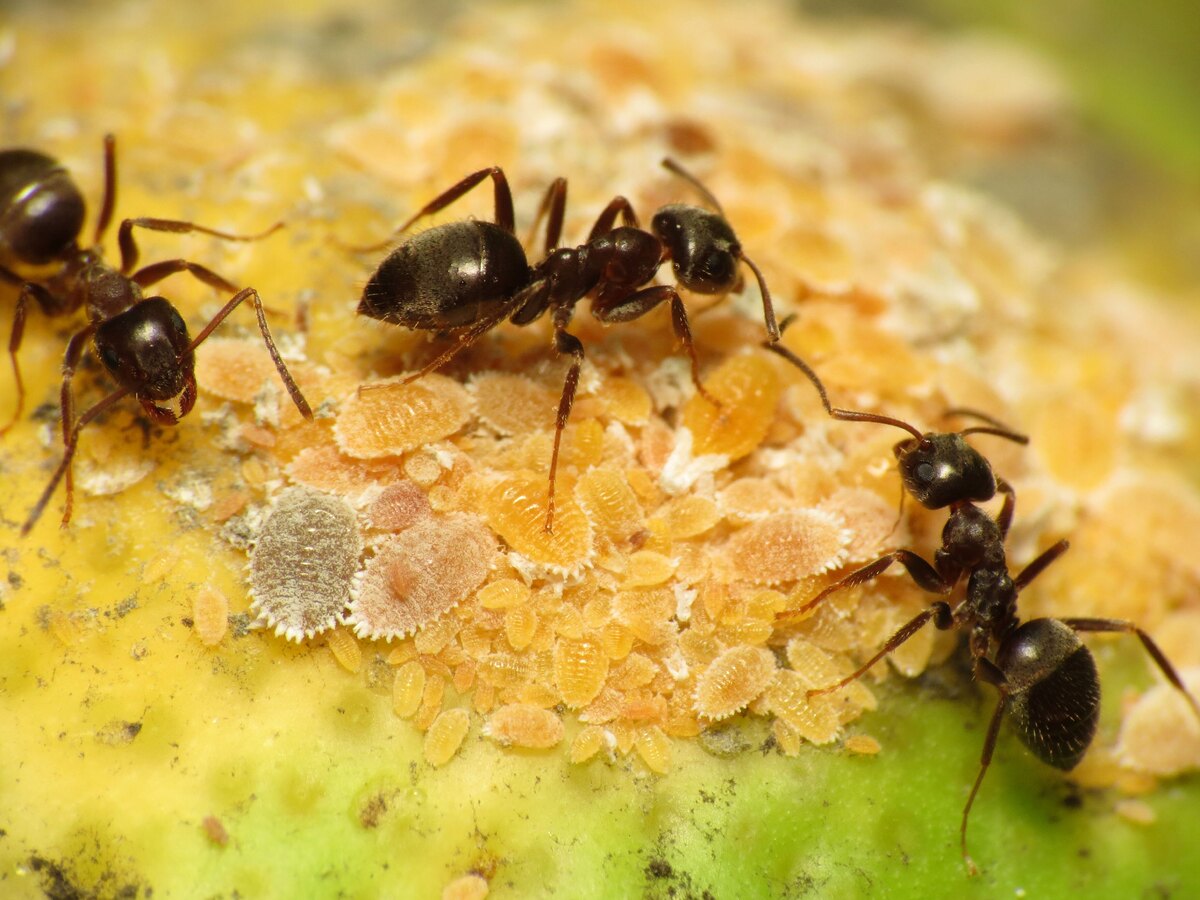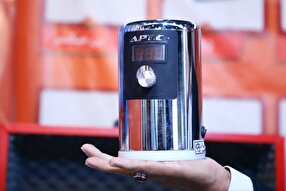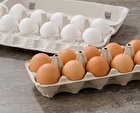Hot Weather Hits Productivity Even in Air-Conditioned Factories

The study tracked outdoor temperatures and worker productivity at a high-tech factory in China, the journal Environmental and Resource Economics reported.
Despite climate-controlled conditions inside the factory, productivity dropped by 0.83% for every 1°C increase in outdoor temperature.
The research team found that night-time heat (which can affect sleep) caused some of the decline in productivity -- but daytime heat affected productivity even after cool nights.
It is not clear why this happens, but the researchers say their findings are a "cautionary tale" as governments and businesses adapt to rising global temperatures.
"We usually think about climate change in terms of its impacts at huge scales, but it also affects individuals," said Dr Jingnan Chen from the University of Exeter.
"Previous research has shown that -- unsurprisingly -- hot conditions reduce productivity when people work outdoors, or in buildings without air conditioning.
"Our findings -- showing that heat affects workers even in a climate-controlled factory -- provide further evidence of the likely economic impacts of climate change."
Dr Miguel Fonseca added: "Policymakers and business leaders might assume that technology such a climate-controlled buildings can mitigate the effects of climate change.
"In our study, climate control on its own was not sufficient to insulate a firm from the effects of high outdoor temperatures."
The study used data on the daily maximum "wet bulb" temperature -- a measure that takes account of both heat and humidity.
Researchers combined this with individual-level data on the quantity and quality of work done in 35,190 worker-shifts (635 separate workers, all male).
The factory in the study makes silicon wafers, a key component of solar panels.
The delicate nature of the wafers means that, to ensure quality, all workshops have climate-control systems that keep them at a constant temperature of 25°C (77F) and relative humidity of 60%.
The 0.83% productivity dip for each 1°C of temperature rise meant a worker produced 22.6 to 33.4 fewer wafers.
The study also found that a wet-bulb temperature over 28°C was associated with 5.8% lower productivity compared to a typical day.
4155/v
























